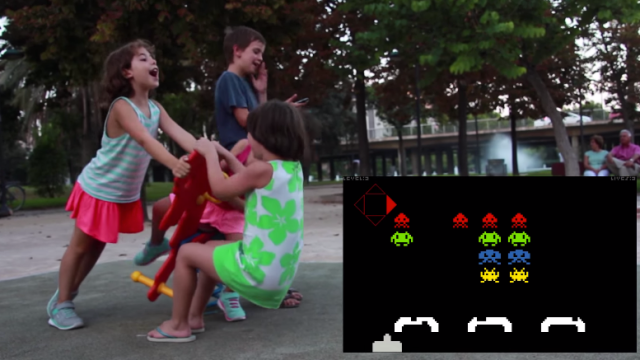Google’s Algorithm for Happiness at Work and in Life

We all want to be happy. Some even say that achieving happiness is the goal of life. While we don’t consider happiness the purview of technology companies—more the stuff of psychology or the arts—Google has made a real contribution to happiness studies thanks to one of it’s first engineering employees, Chade-Meng Tan.
Tan not only developed a compelling process to achieve more happiness, but is proving in his own life that happiness can lead to great results. Since beginning to co-chair the global kindness campaign One Billion Acts of Peace, the project was nominated for the 2015 Nobel Peace Prize.
That’s an extreme example of what happiness studies expert Shawn Achor explains in his Big Think interview: feeling happy in daily life is crucial to leading a productive professional life:
Noticing that his co-workers were often unsatisfied with life, Tan developed a three-step process to help Google employees achieve peace and tranquility, eventually transferring to the company’s HR department to implement it. Not only did the process seem to benefit Google employees—results from a growing body of studies on the subject of happiness support Tan’s process.
STEP ONE is to quiet the mind through mindfulness meditation. This means disconnecting from your devices and carving out some time to think of nothing at all. Simply noticing the rhythm of your own breath can help stave off negative thoughts. In studies, mindfulness has helped decrease depression and anxiety.
STEP TWO is to track moments of joy. Because we tend to remember negative experiences more clearly than positive ones, it takes special effort to bring all the good things in life to the forefront of our minds. Simply making a mental note of good moments during the day is a great way to start.
STEP THREE is to wish others happiness. Studies have long found that volunteer work makes us feel good, but just keeping others in your mind gives you a mental boost as well.
Read more at BBC Future
Photo credit: Shutterstock





